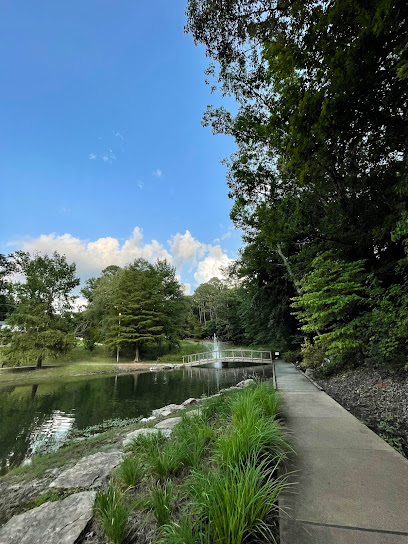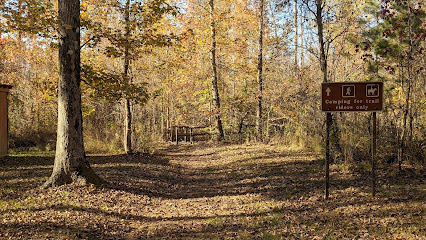
Exploring the Wonders of Tombigbee National Forest
Tombigbee National Forest in Mississippi is a hidden gem for nature lovers and outdoor enthusiasts. Covering over 67,000 acres, this forest offers a serene escape from the hustle and bustle of everyday life. The forest is named after the Tombigbee River and is an excellent spot for hiking, bird-watching, and camping. With its vast expanse of hardwood and pine trees, it provides a lush and tranquil environment for visitors. Whether you're an avid hiker or just looking for a peaceful place to unwind, Tombigbee National Forest has something for everyone. The forest features several well-maintained trails that range from easy to moderate difficulty, perfect for all skill levels. One of the highlights is the Choctaw Lake Recreation Area, which offers picturesque views and a variety of water activities such as fishing, boating, and swimming. The lake is surrounded by picnic areas and campgrounds, making it an ideal spot for a family outing. Wildlife enthusiasts will be thrilled by the diverse species that call Tombigbee National Forest home. From white-tailed deer to wild turkeys, the forest is teeming with wildlife. Bird watchers can enjoy spotting various bird species, including the red-cockaded woodpecker. The forest is also a great place to learn about the local ecosystem and conservation efforts, with educational programs and guided tours available for those interested. For those looking to stay overnight, the forest offers several camping options, including primitive campsites and more developed campgrounds with amenities. The peaceful surroundings and star-filled skies make camping here a memorable experience. Whether you're visiting for a day or planning a longer stay, Tombigbee National Forest promises a rejuvenating escape into nature.
Local tips in Tombigbee National Forest
- Visit during the spring or fall for the best weather and vibrant foliage.
- Bring insect repellent, especially during the warmer months, to protect against mosquitoes.
- Check for any trail closures or weather advisories before heading out.
- Pack plenty of water and snacks, as amenities are limited within the forest.
- Respect wildlife and maintain a safe distance from animals.
- Consider booking a guided tour to learn more about the local ecosystem and history.
Exploring the Wonders of Tombigbee National Forest
Tombigbee National Forest in Mississippi is a hidden gem for nature lovers and outdoor enthusiasts. Covering over 67,000 acres, this forest offers a serene escape from the hustle and bustle of everyday life. The forest is named after the Tombigbee River and is an excellent spot for hiking, bird-watching, and camping. With its vast expanse of hardwood and pine trees, it provides a lush and tranquil environment for visitors. Whether you're an avid hiker or just looking for a peaceful place to unwind, Tombigbee National Forest has something for everyone. The forest features several well-maintained trails that range from easy to moderate difficulty, perfect for all skill levels. One of the highlights is the Choctaw Lake Recreation Area, which offers picturesque views and a variety of water activities such as fishing, boating, and swimming. The lake is surrounded by picnic areas and campgrounds, making it an ideal spot for a family outing. Wildlife enthusiasts will be thrilled by the diverse species that call Tombigbee National Forest home. From white-tailed deer to wild turkeys, the forest is teeming with wildlife. Bird watchers can enjoy spotting various bird species, including the red-cockaded woodpecker. The forest is also a great place to learn about the local ecosystem and conservation efforts, with educational programs and guided tours available for those interested. For those looking to stay overnight, the forest offers several camping options, including primitive campsites and more developed campgrounds with amenities. The peaceful surroundings and star-filled skies make camping here a memorable experience. Whether you're visiting for a day or planning a longer stay, Tombigbee National Forest promises a rejuvenating escape into nature.
When is the best time to go to Tombigbee National Forest?
Iconic landmarks you can’t miss
Unmissable attractions to see
Elvis Presley Birthplace
Explore the Elvis Presley Birthplace in Tupelo, Mississippi – a historical site celebrating the King of Rock 'n' Roll's incredible legacy.
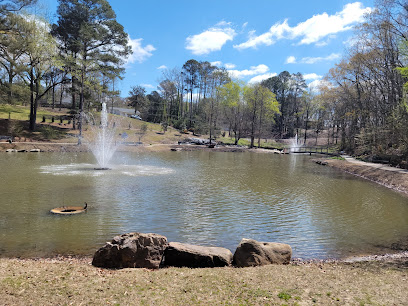
Ballard Park
Discover Ballard Park in Tupelo, Mississippi—a tranquil oasis with lush landscapes, recreational activities, and community events for all ages.
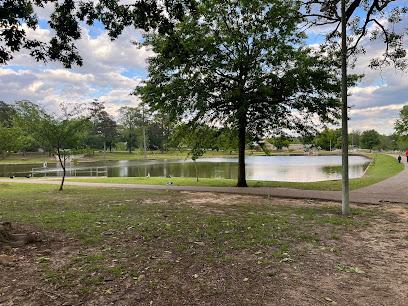
Ballard Park
Explore the natural beauty and recreational charm of Ballard Park in Tupelo, Mississippi, a perfect escape for nature lovers and families.
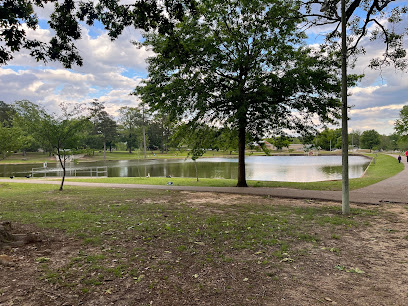
Tupelo Buffalo Park & Zoo
Discover the wonders of wildlife and nature at Tupelo Buffalo Park & Zoo, a perfect family-friendly destination in Mississippi.
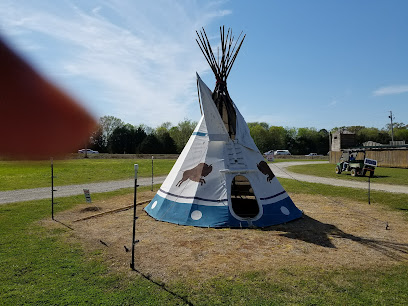
Tombigbee Lake State Park
Experience the natural beauty and recreational delights of Tombigbee Lake State Park in Tupelo, Mississippi.
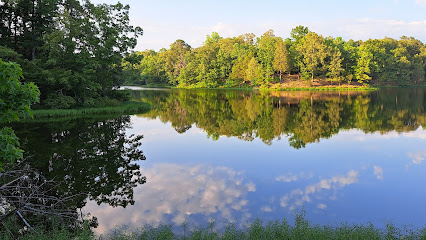
Wall Doxey State Park
Explore the tranquility of Wall Doxey State Park, a nature lover's paradise in Holly Springs, Mississippi, ideal for outdoor adventures and family outings.
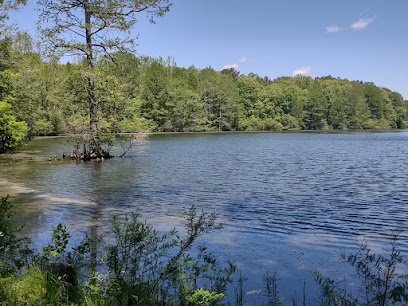
Trace State Park
Discover the breathtaking landscapes and outdoor adventures at Trace State Park in Mississippi, perfect for camping, fishing, and hiking enthusiasts.
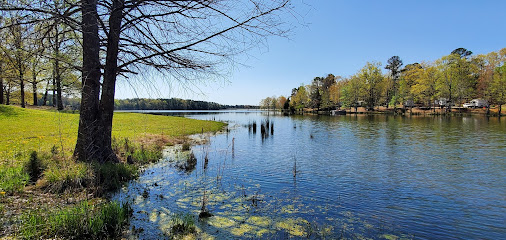
Jeff Busby Park
Experience the tranquility and natural beauty of Jeff Busby Park, a serene escape in Mississippi perfect for picnics, hikes, and family fun.
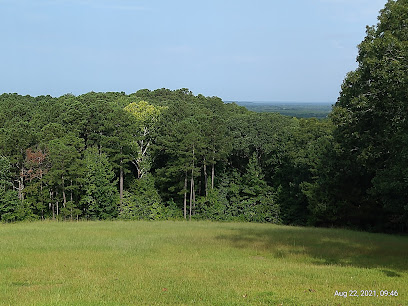
Tupelo National Battlefield
Explore the historic Tupelo National Battlefield, a tribute to the Civil War's legacy and a serene escape into Mississippi's rich past.
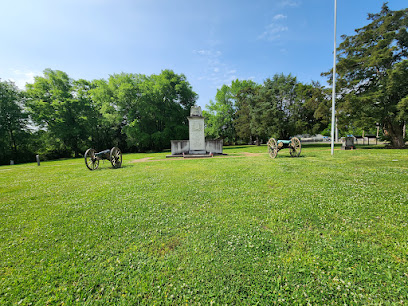
Lake Lamar Bruce
Experience the natural beauty of Lake Lamar Bruce, a perfect retreat for fishing, boating, and enjoying the great outdoors in Mississippi.
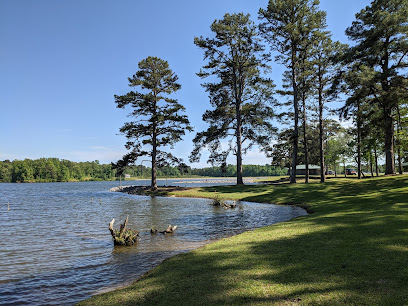
Theron Nichols Park
Experience the natural beauty and tranquility of Theron Nichols Park in Tupelo, Mississippi, a perfect spot for relaxation and recreation.
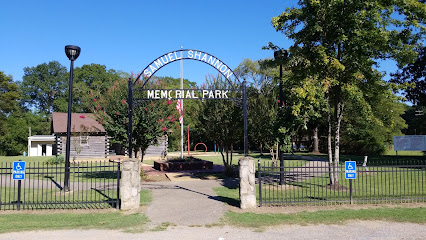
Witch Dance
Discover the serene beauty of Witch Dance, a hidden gem in Mississippi, offering hiking trails and stunning landscapes perfect for nature lovers.
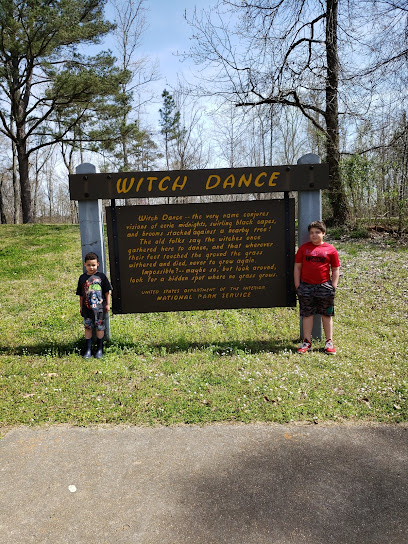
Slip N Dip
Experience the ultimate water adventure at Slip N Dip in Columbus, Mississippi, where fun meets relaxation in a picturesque setting.
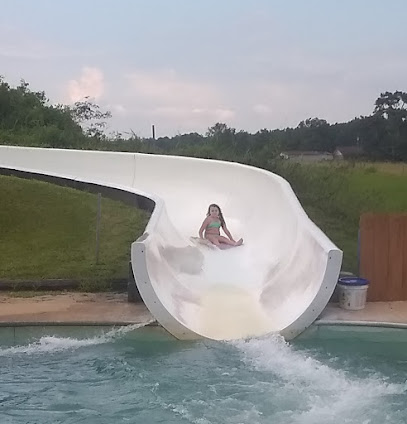
Joe Brigance Memorial Park
Experience the tranquility of Joe Brigance Memorial Park, a perfect escape in Houston, Mississippi for nature lovers and families alike.
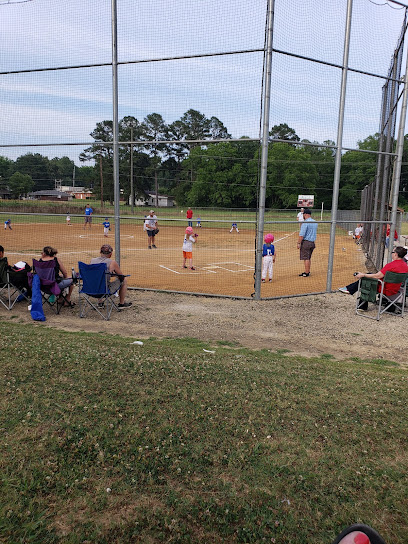
Stinkin Jims
Explore the serene beauty of Stinkin Jims Campground in Houston, Mississippi, where outdoor adventures meet peaceful relaxation.
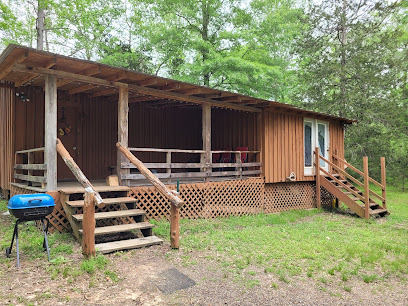
Essential places to dine
Cracker Barrel Old Country Store
Savor the flavors of Southern cuisine at Cracker Barrel Old Country Store in Saltillo - where great food meets delightful shopping.
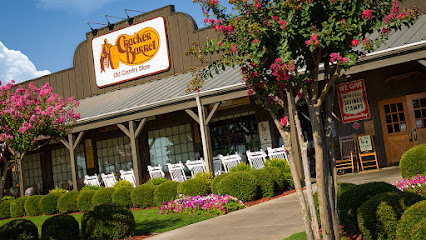
Tin Lizzie Cafe
Discover the heart of Southern cuisine at Tin Lizzie Cafe, where every meal feels like home.
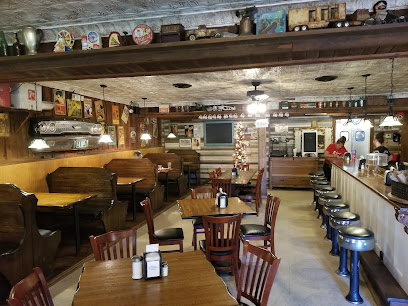
Bishop's BBQ Grill
Experience authentic Southern barbecue at Bishop's BBQ Grill in Belden, MS - where every meal is a smoky delight!

Trace-Way Restaurant
Experience authentic American cuisine at Trace-Way Restaurant – where delicious buffets meet friendly service in Mathiston.
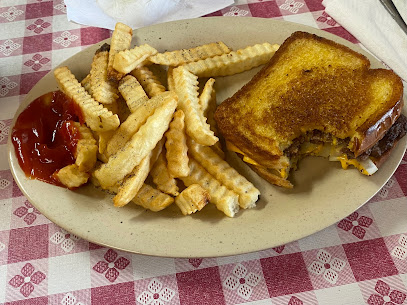
ForkLift Restaurant
Experience the flavors of America at ForkLift Restaurant in Tupelo - where fresh ingredients meet warm hospitality.
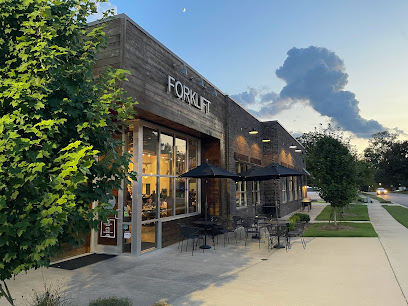
Woody's Tupelo
Experience top-tier steaks and lively karaoke at Woody's Tupelo – where great food meets unforgettable entertainment.

C.H.O.P. Clay's House Of Pig
Experience authentic Southern barbecue at C.H.O.P. Clay's House Of Pig - where every bite is a taste of tradition.
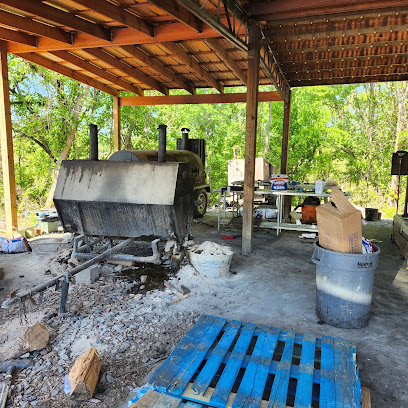
El Toro Bravo Nettleton
Experience vibrant Mexican cuisine at El Toro Bravo Nettleton – where every meal is a fiesta of flavors in a welcoming atmosphere.
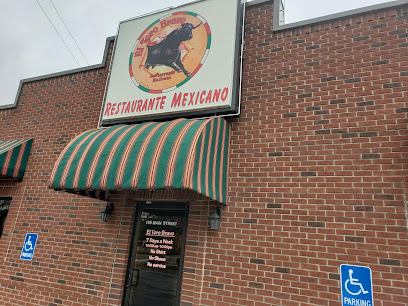
Restaurant Tyler
Discover exquisite American cuisine at Restaurant Tyler in Starkville – where seasonal ingredients meet culinary creativity for an unforgettable dining experience.
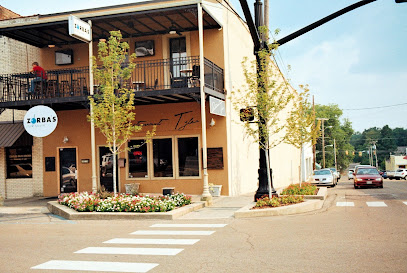
Friendship House
Discover the taste of Mississippi at Friendship House - where fresh seafood meets succulent steaks in a cozy setting.
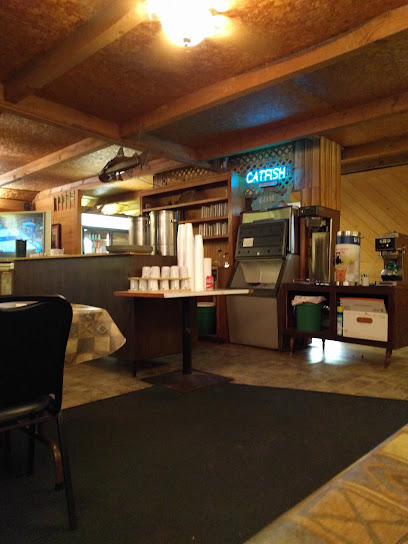
Aunt B's Soul Food Restaurant
Experience authentic Southern cuisine at Aunt B's Soul Food Restaurant in Tupelo, where every dish tells a story of tradition and flavor.
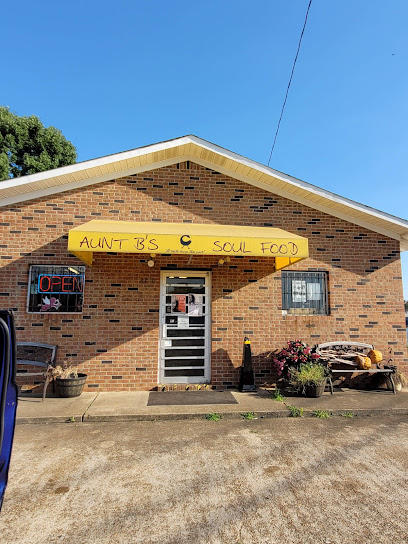
Hardins Country Store & Restaurant
Experience authentic Southern hospitality with delicious pizzas at Hardins Country Store & Restaurant in Tupelo.
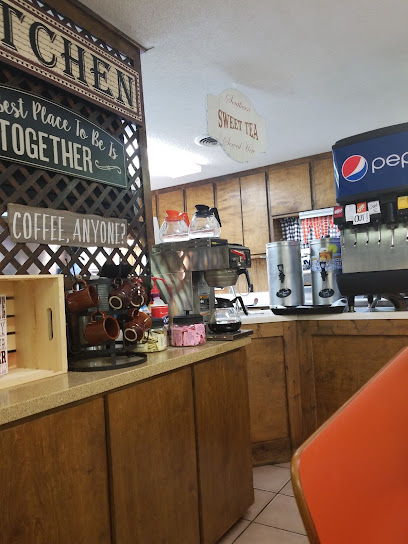
Rosey Baby
Discover the taste of America at Rosey Baby in Starkville - where fresh ingredients meet Southern charm in every dish.
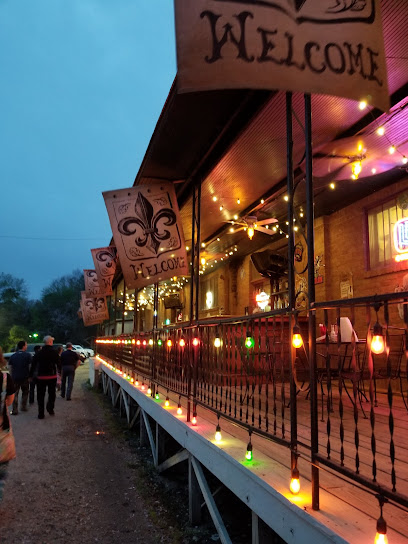
Tin Top Grill LLC
Experience authentic American cuisine at Tin Top Grill LLC in Mooreville – where southern hospitality meets delicious flavors.
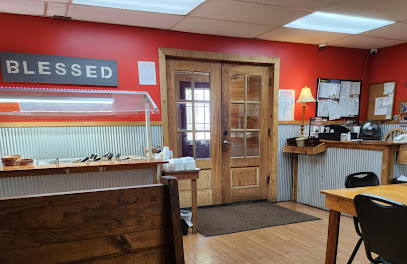
Fresh Food Company
Discover delicious affordability at Fresh Food Company - where local flavors meet vibrant dining experiences in Mississippi State.
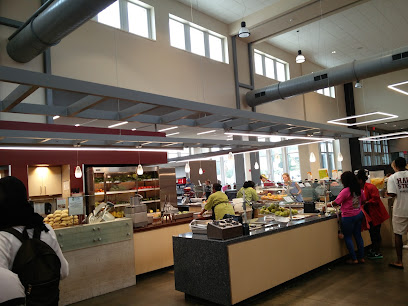
Markets, malls and hidden boutiques
Walmart
Discover Walmart in Houston, Mississippi, the ultimate department store offering everything from groceries to clothing at unbeatable prices.

Save A Lot
Shop smart and save big at Save A Lot, your affordable grocery destination in Houston, MS, offering fresh produce and everyday essentials.

The Lodge By Alumni Hall
Discover the ultimate sportswear destination in Starkville at The Lodge By Alumni Hall, where style meets team spirit.
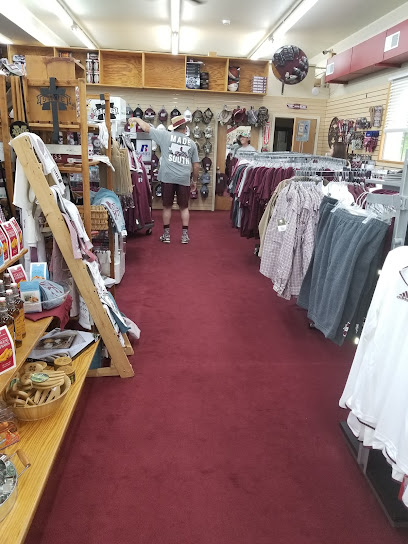
Diamond O Western Outlet
Explore unique western apparel and accessories at Diamond O Western Outlet, where Southern charm meets unbeatable prices for every traveler.

Lollipop Boutique
Explore Lollipop Boutique in Tupelo for unique consignment treasures, vintage clothing, and handmade goods that reflect local artistry.

Jeffery's
Explore Jeffery's Gift Shop in Bruce, MS for unique gifts and local crafts reflecting Mississippi's rich culture and charm.

Food Shop
Experience the heart of Mississippi with local ingredients and warm hospitality at New Houlka's charming grocery store.
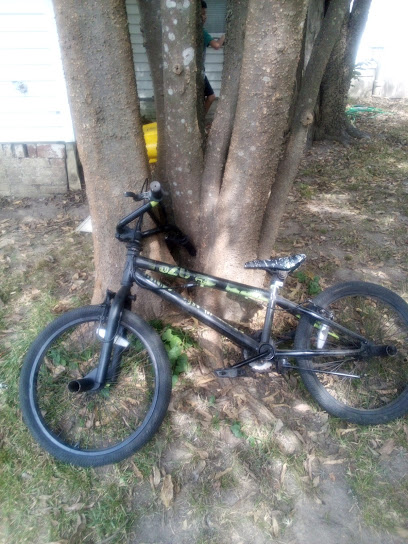
Elizabeth Clair's
Explore Elizabeth Clair's Gift Shop in Tupelo, MS for unique gifts that celebrate local artisans and Southern charm.

Bits N Pieces, LLC Antique Mall
Explore unique antiques and handcrafted goods at Bits N Pieces, LLC Antique Mall in West Point, Mississippi – a treasure trove for collectors and gift seekers.
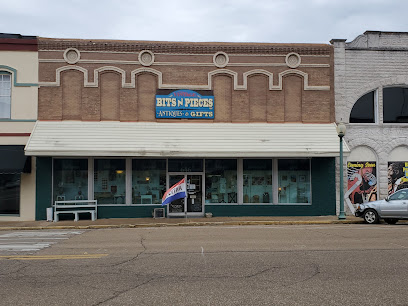
City Mercantile
Discover unique gifts and local treasures at City Mercantile in Pontotoc, Mississippi, where creativity and craftsmanship meet.

Gifts to go
Explore the charm of Tupelo with unique gifts and local treasures at Gifts to Go, perfect for every traveler looking for a special keepsake.

Dollar Tree
Explore Dollar Tree in Houston, MS for unbeatable bargains on everything from home goods to toys, perfect for savvy travelers.

The Bus Stop Flowers, Gifts, & More
Explore Houston's hidden gem for stunning floral arrangements and unique gifts at The Bus Stop Flowers, Gifts, & More.
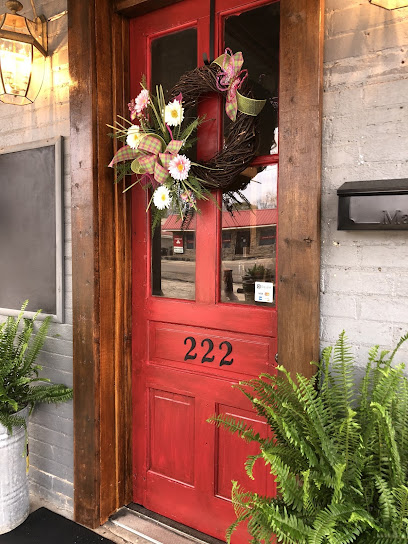
Ultra Violet Boutique & Gifts
Explore Ultra Violet Boutique & Gifts for stylish women's clothing and unique gifts in Pontotoc, Mississippi, a treasure trove of local fashion.

Cap's Corner
Explore Cap's Corner in Woodland, MS, for exquisite outdoor furniture that combines style and durability, perfect for your outdoor living spaces.
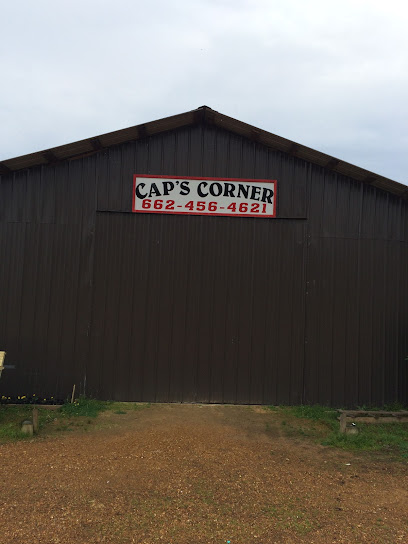
Essential bars & hidden hideouts
Blue Canoe
Discover Blue Canoe in Tupelo, a lively bar and restaurant offering delicious local cuisine and a vibrant atmosphere perfect for socializing.
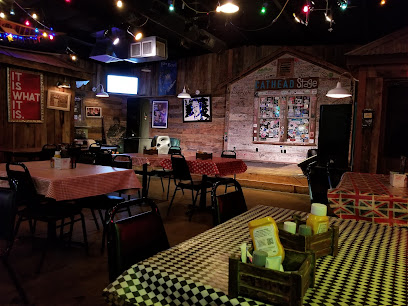
Steele's Dive
Discover Steele's Dive in Tupelo: A vibrant bar and restaurant offering delicious food, refreshing drinks, and a taste of local culture.
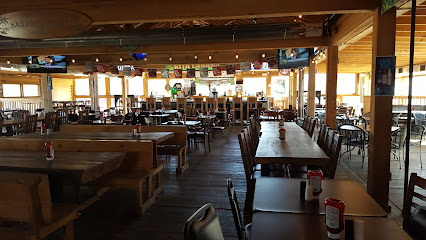
Rick's Cafe
Discover the lively atmosphere at Rick's Cafe, Starkville's top sports bar and live music venue, perfect for an unforgettable night out.

Mike's Bar and Grill
Discover the lively ambiance and delightful Southern hospitality at Mike's Bar and Grill in Tupelo, Mississippi, offering a perfect blend of food and fun.

The Guest Room
Experience the vibrant cocktail culture of Starkville at The Guest Room, where handcrafted drinks and delicious food create the perfect night out.
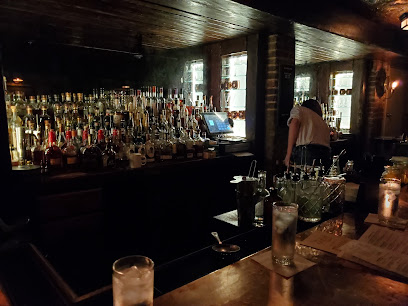
Dry Dock Bar & Grill
Discover the culinary delights of the South at Dry Dock Bar & Grill, a must-visit spot for tourists seeking authentic flavors and warm hospitality.
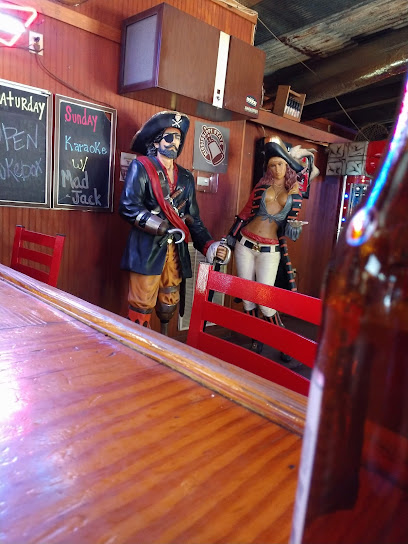
Sopranos Cafe & Billiards
Experience the perfect blend of fun and flavor at Sopranos Cafe & Billiards, a lively sports bar and pool hall in West Point, Mississippi.
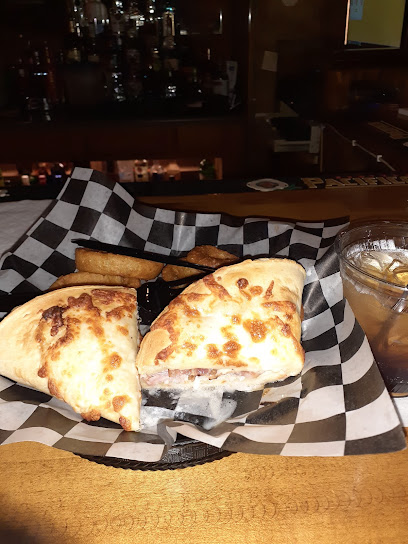
Johnny's Dairy Bar
Savor classic American grill flavors at Johnny's Dairy Bar in Verona, Mississippi, enjoying a delightful meal in a charming atmosphere.

Brew Ha's Bar & Grill
Discover Brew Ha's Bar & Grill in Tupelo for delicious food and a lively atmosphere that captures the spirit of Mississippi.

Double D's Bar & Grill
Discover the charm of Double D's Bar & Grill in Steens, Mississippi, where Southern flavors meet a vibrant atmosphere for an unforgettable dining experience.
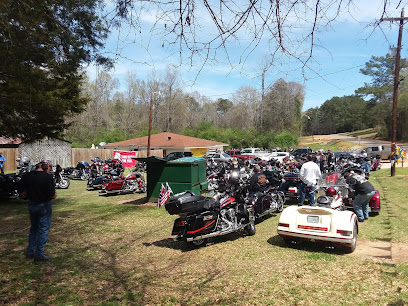
Hobie's on Main
Discover vibrant nightlife at Hobie's on Main in Starkville, MS, featuring creative cocktails, local craft beers, and a lively atmosphere.
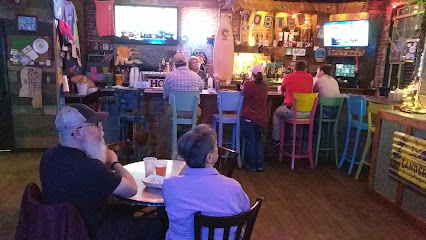
Johnny Kelly's Lounge
Experience Southern hospitality at Johnny Kelly's Lounge, a lively bar in Columbus, Mississippi, perfect for drinks and local culture.
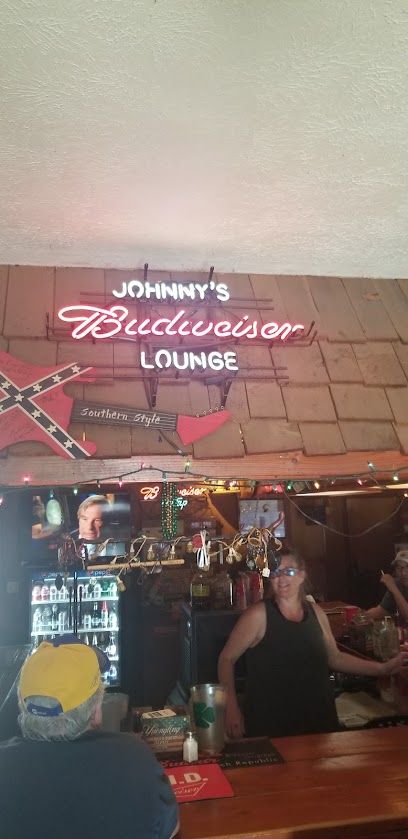
Backwoods Bar
Discover the warmth and community spirit at Backwoods Bar in Woodland, Mississippi, where great drinks and friendly faces await.
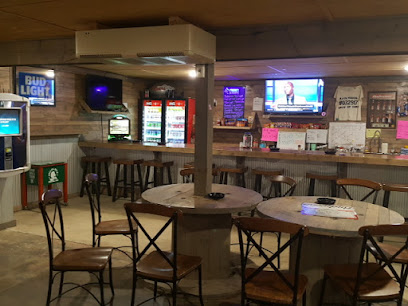
Michael' s Sports Bar
Experience the excitement of sports and camaraderie at Michael's Sports Bar in Columbus, Mississippi, where every game feels like a celebration.

Local Phrases about Tombigbee National Forest
-
- HelloHowdy
[haʊ-di] - GoodbyeSee ya
[siː jə] - YesYep
[jɛp] - NoNah
[nɑː] - Please/You're welcomePlease/No problem
[pliːz/nəʊ ˈprɑbləm] - Thank youThanks
[θæŋks] - Excuse me/SorryPardon me/My bad
[ˈpɑːrdn mi/maɪ bæd] - How are you?How y'all doin'?
[haʊ jɔːl ˈduɪn] - Fine. And you?Fine. And you?
[faɪn. ænd jə] - Do you speak English?Y'all speak English?
[jɔːl spiːk ˈɪŋɡlɪʃ] - I don't understandI don't get it
[aɪ doʊnt ˈɡɛt ɪt]
- HelloHowdy
-
- I'd like to see the menu, pleaseI'd like to see the menu, please
[aɪd laɪk tuː siː ðə ˈmɛnjuː pliːz] - I don't eat meatI don't eat meat
[aɪ doʊnt iːt mit] - Cheers!Cheers!
[ʧɪrz] - I would like to pay, pleaseI would like to pay, please
[aɪ wʊd laɪk tuː peɪ pliːz]
- I'd like to see the menu, pleaseI'd like to see the menu, please
-
- Help!Help!
[hɛlp] - Go away!Git!
[ɡɪt] - Call the Police!Call the Sheriff!
[kɔːl ðə ˈʃɛrɪf] - Call a doctor!Call a doc!
[kɔːl ə ˈdɑk] - I'm lostI'm lost
[aɪm lɔst] - I'm illI'm feelin' bad
[aɪm ˈfiːlɪn bæd]
- Help!Help!
-
- I'd like to buy...I'd like to buy...
[aɪd laɪk tuː baɪ] - I'm just lookingI'm just lookin'
[aɪm ʤʌst ˈlʊkɪn] - How much is it?How much is it?
[haʊ mʌʧ ɪz ɪt] - That's too expensiveThat's too pricey
[ðæts tuː ˈpraɪsi] - Can you lower the price?Can y'all lower the price?
[kæn jɔːl ˈloʊər ðə praɪs]
- I'd like to buy...I'd like to buy...
-
- What time is it?What time is it?
[wɑːt taɪm ɪz ɪt] - It's one o'clockIt's one o'clock
[ɪts wʌn əˈklɑk] - Half past (10)Half past ten
[hæf pæst tɛn] - MorningMornin'
[ˈmɔrnɪn] - AfternoonAfternoon
[ˌæftərˈnun] - EveningEvenin'
[ˈivnɪn] - YesterdayYestiddy
[ˈjɛstɪdi] - TodayToday
[təˈdeɪ] - TomorrowTomorry
[təˈmɔri] - 1One
[wʌn] - 2Two
[tuː] - 3Three
[θriː] - 4Four
[fɔːr] - 5Five
[faɪv] - 6Six
[sɪks] - 7Seven
[ˈsɛvən] - 8Eight
[eɪt] - 9Nine
[naɪn] - 10Ten
[tɛn]
- What time is it?What time is it?
-
- Where's a/the...?Where's a/the...?
[wɛrz ə/ðə] - What's the address?What's the address?
[wɑːts ðə əˈdrɛs] - Can you show me (on the map)?Can y'all show me (on the map)?
[kæn jɔːl ʃoʊ miː (ɒn ðə mæp)] - When's the next (bus)?When's the next (bus)?
[wɛnz ðə nɛkst (bʌs)] - A ticket (to ....)A ticket (to ....)
[ə ˈtɪkɪt (tuː ....)]
- Where's a/the...?Where's a/the...?
History of Tombigbee National Forest
-
Long before the arrival of European settlers, the region that is now Tombigbee National Forest was inhabited by Native American tribes, including the Choctaw and Chickasaw. These tribes thrived in the rich, diverse landscape, utilizing the abundant natural resources for hunting, fishing, and agriculture. They left behind numerous archaeological sites, including ceremonial mounds and ancient trails, which provide valuable insights into their way of life and cultural practices.
-
The Treaty of Dancing Rabbit Creek, signed in 1830, was a pivotal moment in the history of the Tombigbee region. This treaty marked the cession of millions of acres of Choctaw land to the United States government, leading to the forced relocation of the Choctaw people along the Trail of Tears. The treaty had a profound impact on the native population and reshaped the cultural landscape of the area.
-
Following the Treaty of Dancing Rabbit Creek, European settlers began to move into the Tombigbee region. They established small farms and communities, drawn by the fertile soil and abundant timber resources. The settlers introduced new agricultural practices, including cotton farming, which became a dominant economic activity and significantly altered the landscape.
-
During the American Civil War, the Tombigbee region saw its share of conflict and turmoil. The area's strategic importance due to its natural resources and transportation routes made it a focal point for both Union and Confederate forces. Skirmishes and raids occurred, and local communities experienced the hardships of war. The post-war Reconstruction era brought further challenges and changes to the region.
-
Tombigbee National Forest was established in 1959 as part of a broader effort to conserve and manage the natural resources of Mississippi. The forest was created to promote sustainable forestry, protect wildlife habitats, and provide recreational opportunities for the public. The establishment of the forest marked a significant step in the preservation of the region's natural beauty and biodiversity.
-
Today, Tombigbee National Forest is a cherished destination for outdoor enthusiasts, offering activities such as hiking, fishing, camping, and birdwatching. The forest is home to diverse ecosystems, including hardwood forests, pine plantations, and wetlands. It also serves as a living testament to the cultural and historical legacy of the region, with numerous sites and trails that reflect its rich past.
Tombigbee National Forest Essentials
-
Tombigbee National Forest is located in northeastern Mississippi. The nearest major airport is Golden Triangle Regional Airport (GTR) in Columbus, approximately 50 miles away. From the airport, you can rent a car to reach the forest. Alternatively, you can fly into Birmingham-Shuttlesworth International Airport (BHM) in Alabama, which is about 120 miles away. From there, renting a car is recommended as public transport options are limited.
-
The best way to explore Tombigbee National Forest is by car. Renting a vehicle provides the flexibility to visit various trails, campgrounds, and picnic areas at your own pace. There are no public transportation options within the forest itself. Ensure your vehicle is well-maintained and has a full tank of gas before entering the forest, as gas stations are sparse.
-
The official currency is the US Dollar (USD). Credit and debit cards are widely accepted in nearby towns and at major gas stations. However, it's advisable to carry some cash, particularly for smaller establishments and any entrance fees that might require it. ATMs are available in nearby towns like Starkville and Columbus.
-
Tombigbee National Forest is generally safe for visitors. However, standard precautions should be taken. Avoid leaving valuables in your car and be aware of your surroundings. There are no specific high-crime areas within the forest, but it is always best to be cautious, especially when hiking or camping alone. Be aware of wildlife and follow posted guidelines to avoid encounters.
-
In case of emergency, dial 911 for immediate assistance. It's important to have a map and know your location within the forest to guide emergency responders. The nearest hospitals are in Columbus and Starkville. Carry a first-aid kit and ensure your mobile phone is fully charged before heading into the forest. Inform someone of your travel plans if you are hiking or camping alone.
-
Fashion: Do wear comfortable, weather-appropriate clothing and sturdy hiking boots. Avoid wearing open-toed shoes or flip-flops when hiking. Religion: There are no specific religious customs to observe. However, respect any historical or cultural sites you may encounter. Public Transport: Public transport is not available within the forest. Plan to drive or arrange other private transportation. Greetings: Simple greetings like 'Hello' or 'Good morning' are sufficient and appreciated. Eating & Drinking: Do bring your own food and water supplies, as amenities are limited. Pack out all trash to keep the forest clean.
-
To experience Tombigbee National Forest like a local, consider visiting during the fall when the foliage is at its peak. Local hunters and fishermen frequent the forest, so obtaining the appropriate licenses and understanding the seasons can enhance your visit. Engage with rangers and locals at nearby towns to get insights into the best trails and spots for wildlife viewing. Don't miss the Noxubee River, a prime spot for kayaking and fishing.
Nearby Cities to Tombigbee National Forest
-
Things To Do in Starkville
-
Things To Do in Grenada
-
Things To Do in Greenwood
-
Things To Do in Tuscaloosa
-
Things To Do in Germantown
-
Things To Do in Clarksdale
-
Things To Do in Memphis
-
Things To Do in Meridian
-
Things To Do in Cullman
-
Things To Do in Huntsville
-
Things To Do in Selma
-
Things To Do in Vicksburg
-
Things To Do in Columbia
-
Things To Do in Jonesboro
-
Things To Do in Gadsden





